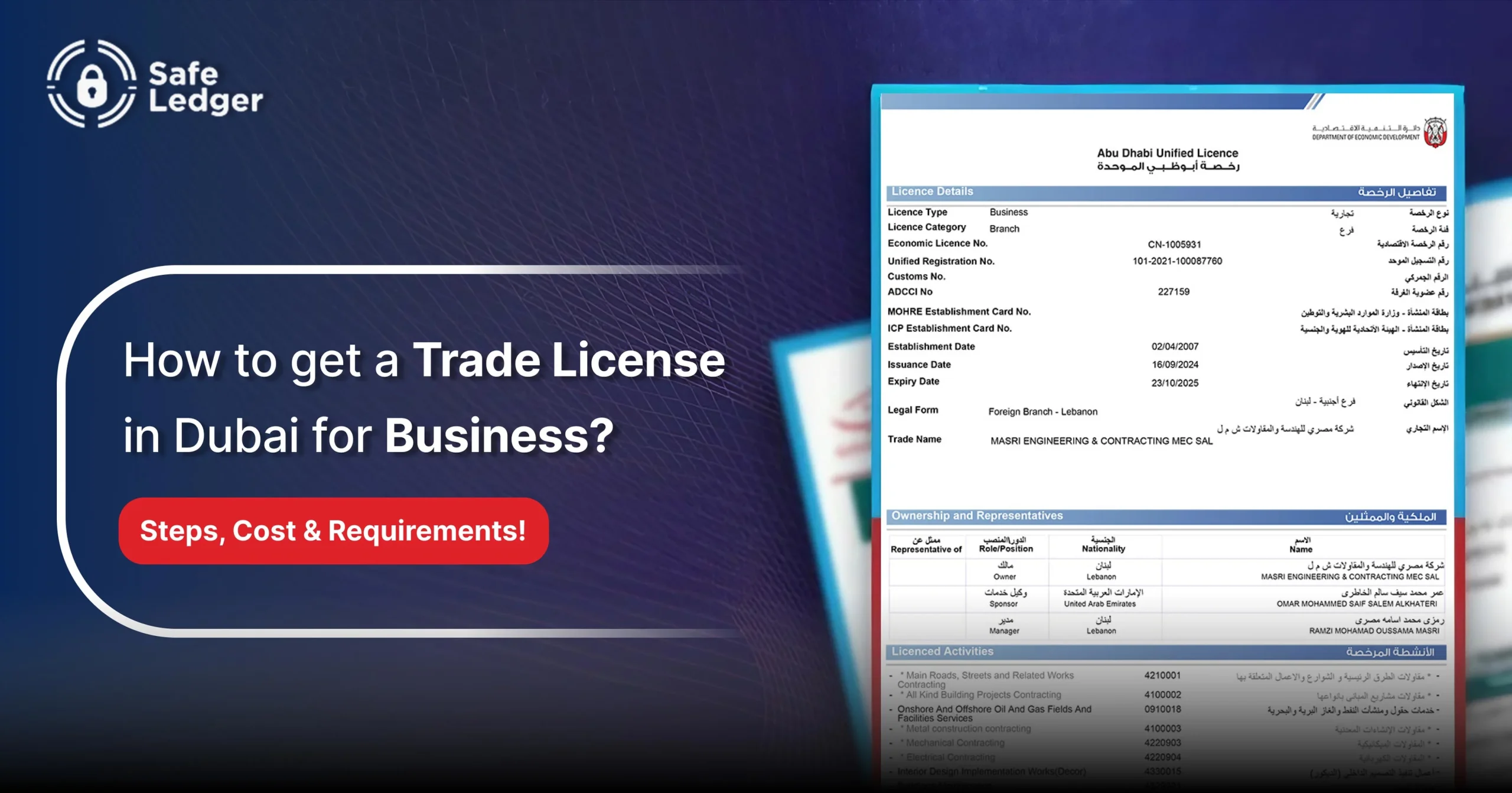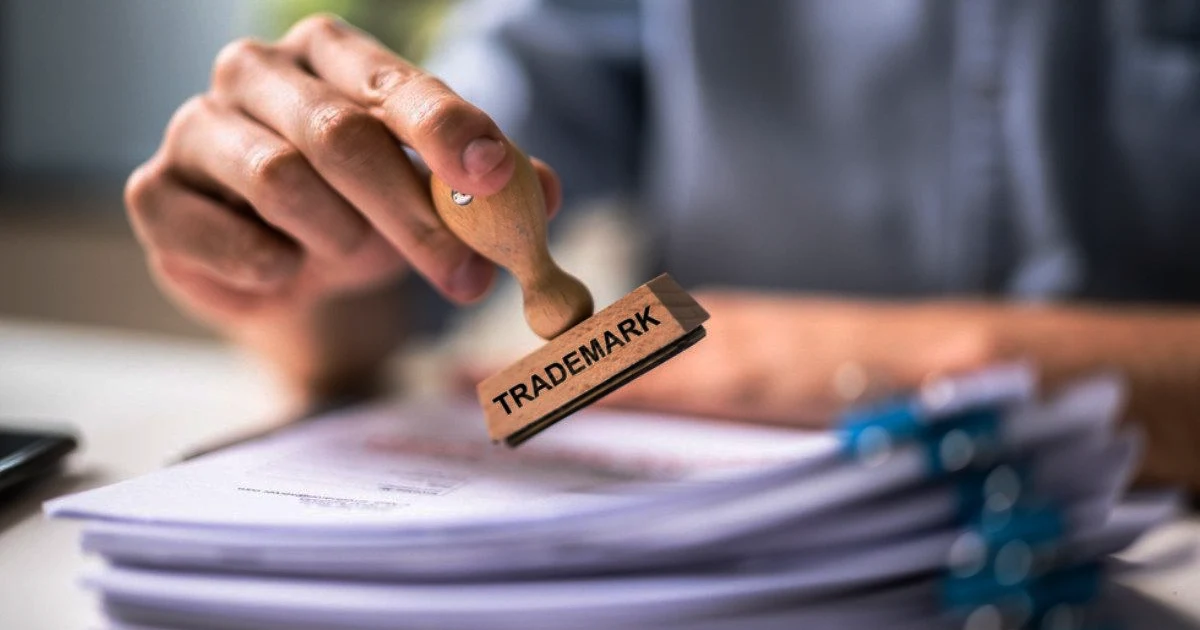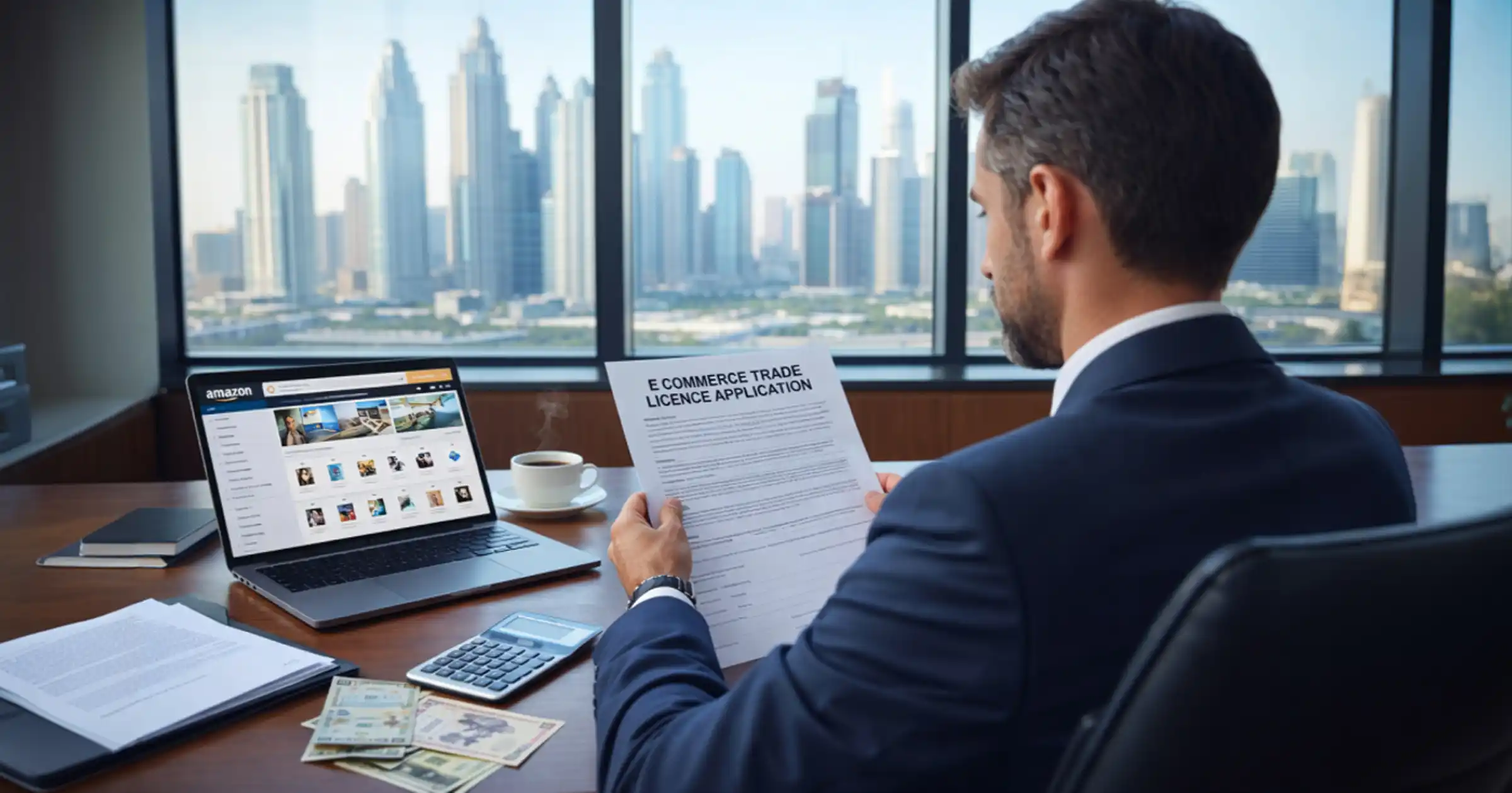The process of how to start a business in Dubai with a trade license is well-defined and systematic. The following eight steps outline the journey from concept to collection.
Step 1: Choose Your Business Activity
The first step is to finalize the specific business activities the company will undertake. The Dubai Department of Economy and Tourism (DET), formerly DED, has a list of over 2,000 approved activities. The chosen activities will determine the type of license required and any additional approvals needed.
Step 2: Select and Reserve a Trade Name
The company’s name must be unique and comply with the UAE’s naming conventions. It should not be offensive or blasphemous and must not be identical to an existing company’s name. The chosen name must be registered and reserved with the relevant authority (DET for mainland or the specific free zone authority).
Step 3: Apply for Initial Approval
Next, an application for initial approval must be submitted. This step confirms that the UAE government has no objection to the proposed business being established. The trade license application process begins here, requiring the submission of basic documents like passport copies of the shareholders.
Step 4: Draft a Memorandum of Association (MOA)
For corporate structures like a Limited Liability Company (LLC) or partnerships, a Memorandum of Association (MOA) is required. This legal document outlines the ownership structure, the rights and responsibilities of each partner, and the rules of operation. The MOA must be drafted and notarized.
Step 5: Secure Office Space and Obtain Ejari
All mainland companies in Dubai must have a physical office address. An official tenancy contract for the office space must be registered with the Ejari system. This registered contract is a mandatory document for the final license application. Free zones also require a registered address, which can be a flexi-desk or a physical office within the zone.
Step 6: Get Additional Approvals (If Applicable)
Certain business activities in regulated sectors require special approvals from government authorities to ensure compliance with local laws. Depending on your business type, you may need clearance from one or more of the following
- Dubai Health Authority (DHA) for healthcare businesses
- Knowledge and Human Development Authority (KHDA) for educational institutions
- Dubai Municipality for food outlets, salons, and construction businesses
- Roads and Transport Authority (RTA) for transport and logistics services
- Civil Defense for safety and emergency compliance
Securing these approvals before submitting your final application prevents delays and ensures your business operates legally in Dubai.
Step 7: Submit the Final Application
After completing all previous steps, submit the final application to the relevant authority. Compile all required documents, including the initial approval, Memorandum of Association (MOA), registered Ejari tenancy contract, and any additional approvals from government authorities.
The application can be submitted online through the Dubai Department of Economy and Tourism (DET) portal for mainland businesses or via the specific Free Zone platform for free zone companies. Online submission ensures faster processing and reduces the need for physical visits.
Step 8: Pay Fees and Receive the License
The final step is to pay the required government fees. After the payment is processed and all documents are verified, the authority will issue the trade license. With this license in hand, the company is legally permitted to commence its business operations in Dubai.





